Obituary: John B. Cobb, Jr.

Father, theologian, professor, author
John B. Cobb, Jr. died peacefully in his Claremont home on December 26, 2024. One of the foremost Christian theologians and philosophers of the late 20th and early 21st centuries, Cobb shaped a movement in process thought that has influenced scholars and communities worldwide.
“John was a man of brilliant mind, endless curiosity, and unwavering commitment to transformative ideas, ethical values, and global visions,” his family and friends shared. He authored more than 50 books, many of which were translated into multiple languages. He was celebrated as a bold thinker, sage professor, generous mentor, visionary, activist, and friend.
“Generous to the core, John has been known both for the excellence of his work and his ability to call forth the best in others,” his students said.
He was also deeply devoted to his family. He was predeceased by his wife, Jean, and survived by their four sons — Theodore, Clifford, Andrew, and Richard — and their families.
Since their arrival in 1958, the Cobbs have been active members of the Claremont community. As a scholar, John built upon the process philosophy of Alfred North Whitehead, which accents the movement of the entire cosmos in a continuing process of change that affects and is affected by God. Further, all of reality is marked by relationality; every drop of reality relates to and influences every other drop.
His early writings plumbed the nature of existence and the God-world relationship, resulting in books such as “Living Options in Protestant Theology,” “A Christian Natural Theology,” and “The Structure of Christian Existence.” These foundational works shaped his theological vision, leading to popular works such as “God and the World,” and “Is It Too Late?”
“From early on, he made clear the urgent relationship among God, humanity, and the earth — themes that became central to his life’s work,” his community said.
His scholarship continued to expand in interreligious directions (“Beyond Dialogue”), ecology (“The Liberation of Life,” with geneticist Charles Birch), political theology (“Process Theology as Political Theology”), and economics (“For the Common Good,” with economist Herman Daly). “In all these areas, he was a pioneer par excellence,” his friends said.
He moved fluidly between technical philosophical writing and books for broad audiences, sparking discussions in academic circles and grassroots communities alike. His work always sought to inspire depth, breadth, action, and creative transformation.
“John believed all beings are interdependent, influencing one another for good or for ill,” his community said. “Such a view led John to care deeply and work fervently for the thriving of all beings and for the earth itself. That belief led him, from the early 1970s, to declare that the most urgent task of humanity is to preserve and restore the Earth, on which all living things live and depend.”
Born in Kobe, Japan, in 1925 to Methodist missionary parents, he spent his early years at the multi-ethnic Canadian Academy in Japan. When he moved to Georgia for high school in 1940, he found himself bewildered and disgusted by the pervasive racism in the region, particularly the demonization of the Japanese.
He attended Emory-at-Oxford before enlisting in the U.S. Army in 1943, where he served in the Japanese language program. After the war, he entered the University of Chicago, later transferring to its divinity school, where he earned his Ph.D. in 1952 under Charles Hartshorne.
He began his teaching career at Young Harris College in Georgia while serving as a part-time pastor. After a brief tenure at Emory University, he joined the faculty at Claremont School of Theology in 1958, and served as Ingraham Professor of Theology at CST and Avery Professor of Religion at Claremont Graduate University.
In 1973, he founded the Center for Process Studies with David Ray Griffin, which played a major role in promoting a process-relational worldview globally. He was particularly influential in China, where his contributions toward ecological civilization became a formal part of China’s national policy. In 2014, he was elected to the American Academy of Arts and Sciences.
His impact continues through the many nonprofit organizations he founded and inspired, including: Progressive Christians Uniting (1996), the Institute for the Postmodern Development of China (2005), Process Century Press (2013), Pando Populus (2014), EcoCiv (2015), the Cobb Institute (2019), and the Living Earth Movement (2023).
“In his final days, the 99 year-old wanted people to know that he experienced his decline in health as natural, opening into a new awareness of life, which he celebrated,” his community said. “He described his emerging sense of ‘the beyond,’ of ‘God,’ as a new adventure. Most of all, he wanted people to know how much he treasured them and how important their roles are in the unfolding of compassion, justice, and global healing. With deep admiration for his family, students, colleagues, friends, he wanted them to know his gratitude that they would persist in building a better world. At the same time, he anticipated his death with a sense of openness. He repeated words he had written in 2014 in “Theological Reminiscences”: “I am ready to be surprised. I look forward to a new adventure.”
A public memorial service will be held Saturday, February 15, 3 to 4:30 p.m., at Claremont United Church of Christ, 233 Harrison Ave., Claremont, CA 91711. The livestream can be accessed at ctr4process.org/remembering-john-cobb.
In lieu of flowers, contributions may be made to the John Cobb Legacy Fund at cobblegacy.org.

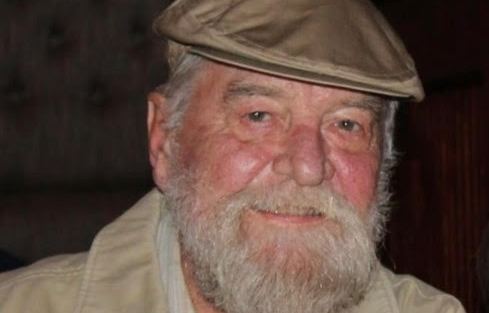
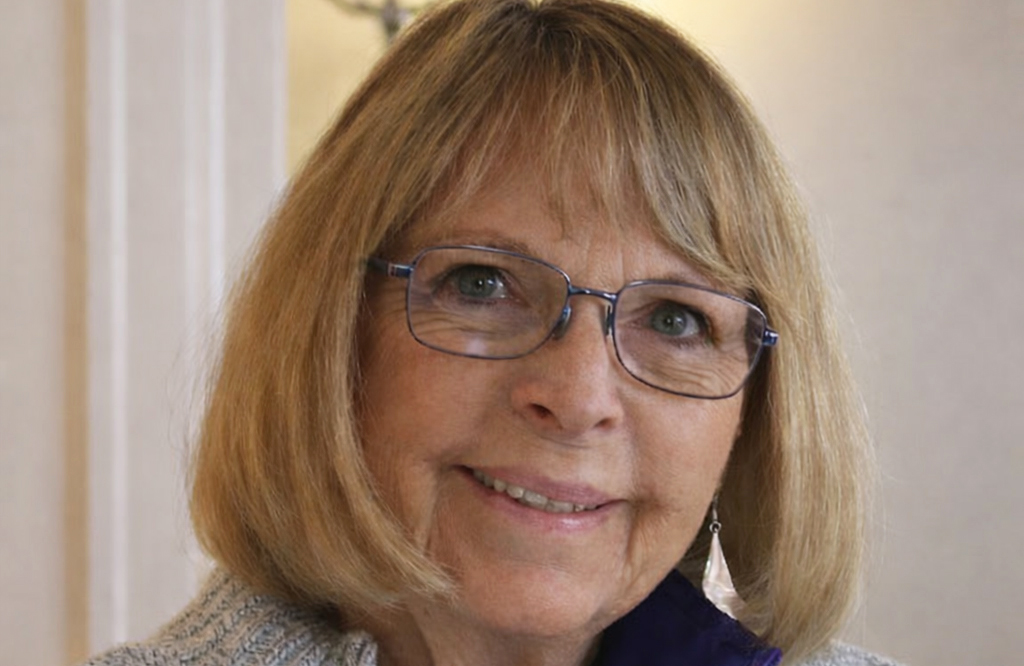
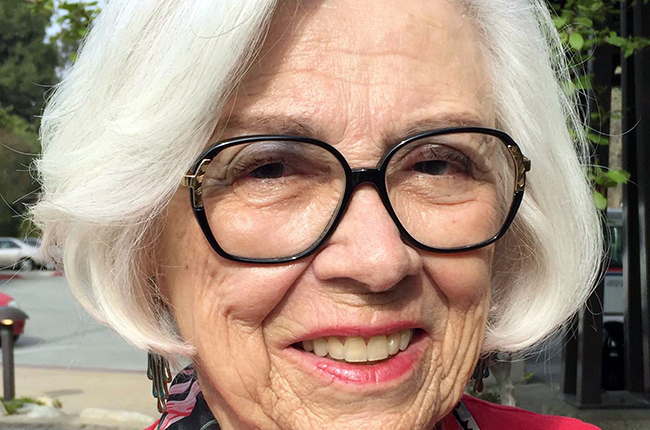
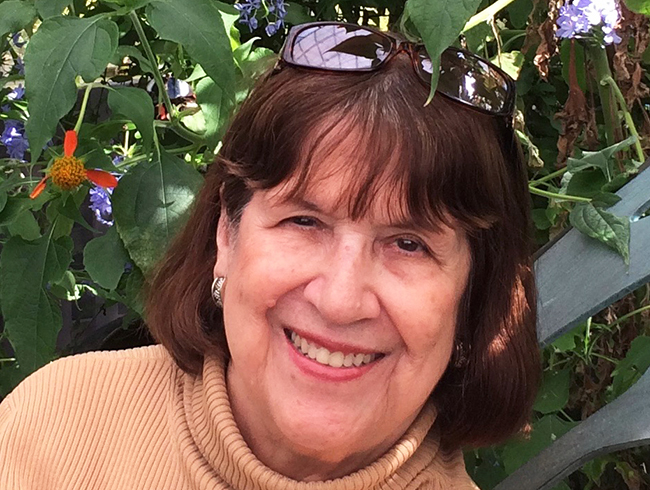
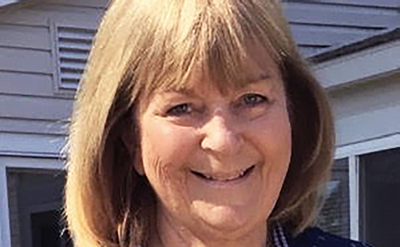
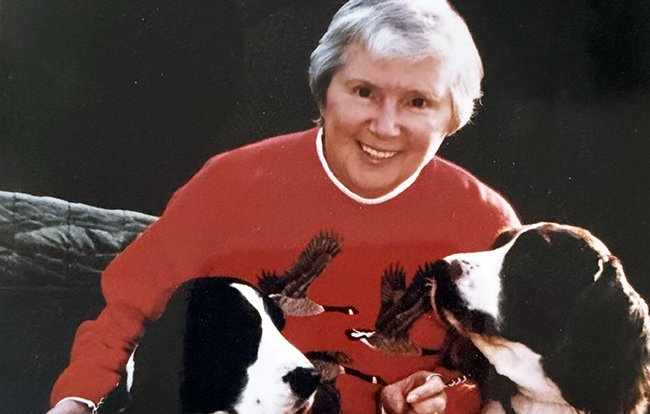

0 Comments